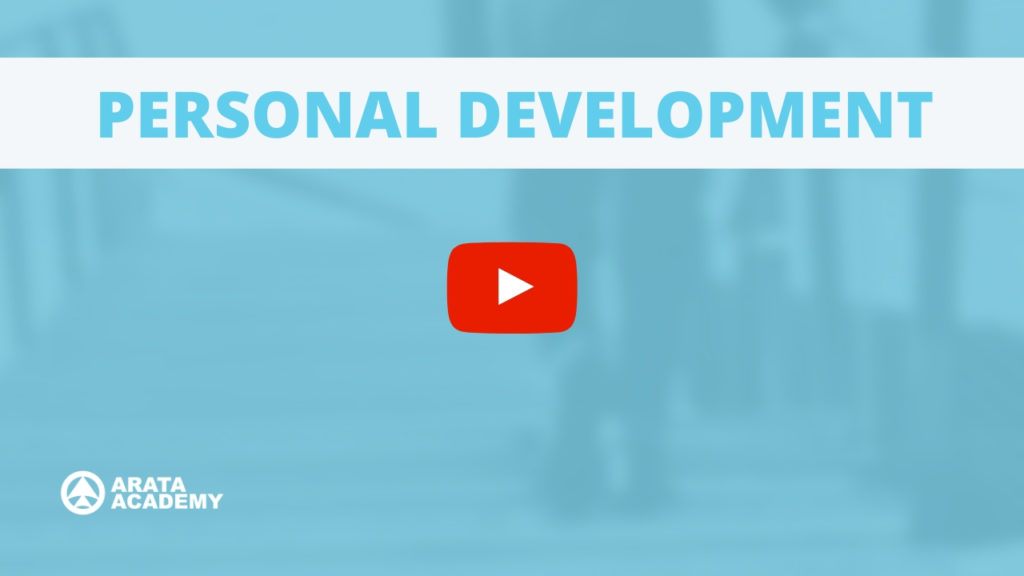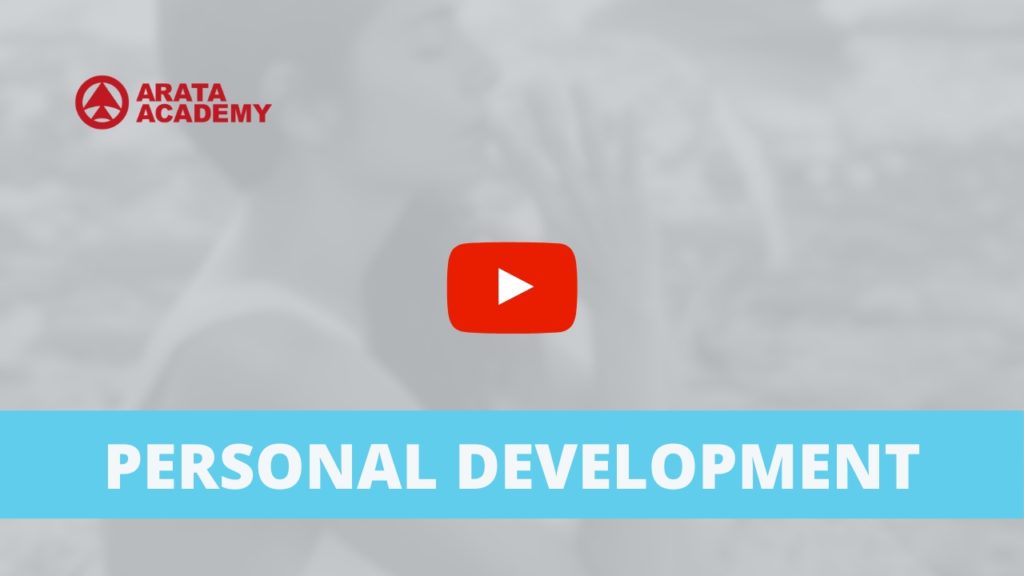Hello! Seiiti Arata. If you feel nervous, anxious or don’t have enough confidence, you can change all that by simply changing your body language.
Body language is the posture we adopt, the way we move and even the expressions we make with our face. It is called language because there is a type of communication, there is an interaction. This interaction can be with other people. How we judge others. How others judge us. It is also a communication with yourself.
Body language affects not only the way others see us, but it can also change the way we see ourselves. How do you talk to yourself? What do you say to yourself?
In addition to the way you verbalize communication with yourself, you need to be aware of how your body communicates with you non-verbally.
You can have more confidence by changing your posture.
Amy Cuddy argues that “power poses” can increase feelings of confidence and can have an impact on our chances of success. You use the power pose while remaining in a confident posture, even when you are not yet confident.
You use body posture to reveal your mental state and you also have your mental state affected by your body posture. They say that even your hormones like cortisol and testosterone can be affected by the change in posture, although this is a statement that today is being questioned.
Even if the power poses do not cause hormonal changes, adopting a more confident posture can greatly improve the way we think, feel and act.
All animals instinctively communicate different signals to be bigger, smaller, louder or quieter in different situations.
In the case of the human species, occupying less space represents wanting to be smaller, a desire to be invisible, not to disturb, not to occupy space, as if we don’t deserve belonging. The fetal position is the clearest sign of a fragile state. It is a way the body curves and closes itself as if expressing the desire to return to the mother’s womb.
There is also another meaning of body language with a shrinkage, which is reverence. In a sign of respect, we bow. But in other situations, such as when walking in the corridor of the college or the company, if I walk with my head down, with short and hurried steps, avoiding eye contact, with my knees close to each other, this means that I don’t feel confident and maybe I put myself in a lower position.
As if I don’t want to harass others with my presence. I feel inadequate. I think people are annoyed by my existence. I have feelings of shame. That is why I make short movements, such as short steps, legs with knees close to each other, hands that move in a limited way like a t-rex and also being brief in communication, short phrases, a low voice, indicating that you do not want to be seen.
Use the appropriate body language for each situation.
Our communication is not just verbal. In other words, it doesn’t matter just what we say, but also how we say it. Your posture, your look, the way you move, even the clothes you wear, all of this communicates as much or even more than the words you say.
And just as you use different words for each type of situation, your body language must also suit the context. Just think that you don’t speak the same way when you talk to a childhood friend than when you talk to your boss.
To communicate assertively, the ideal is to adopt a strong, confident and relaxed body language. This includes keeping your posture upright, with your shoulders back and your head up.
Try not to close yourself. Crossing your arms or even your legs can send the signal that you are not open to hearing what the other person has to say.
Keep your arms and legs free from crossing and keep your face relaxed. You shouldn’t be tense, but you should be aware of your body and your composure.
To be able to do this in a relaxed way, the ideal is to practice. The first times, adopting this type of posture will not be natural. Be aware of the muscle tension in your body. Stretch a little or take a deep breath to relax your muscles.
With time and practice, to embrace more and more an assertive posture will become part of who you really are. And soon you will be able to have a good posture in a relaxed and natural way.
Be careful where you look.
In addition to body posture, your gaze also says a lot about what you are thinking. Ideally, you should maintain direct eye contact with the person you are talking to, but not staring, without blinking, with wide eyes.
The ideal is to make eye contact, but in a relaxed way, showing that you are attentive to what the other person is saying. Avoid looking at other parts of the person’s body and, especially, do not look at the cell phone while the other person is talking.
Sometimes looking down can also communicate that you are getting the message and agree. For example, if you are getting a reprimand from your boss for doing something wrong, looking down can show that you admit your mistake.
Here, again, it is the context that will tell you where to look. There is a time to face and there is a time to look away, the important thing is to be aware of adapting your body language to what the situation requires.
Better than doing a confident pose, is to be truly confident.
The idea of doing power poses to feel more confident is very useful when you need extra doses of confidence in specific situations.
If you don’t have good self-esteem, you will show signs of weakness in your body language. Other people will pick up on it and may unconsciously treat you with less respect, and it can further aggravate the way you feel, in a negative spiral.
But don’t be overly dependent on these power poses. Instead of putting on power poses all the time, if lack of confidence is a problem in your life, it is best to work on your development as a person to actually become someone more confident.
This is done little by little. You start to read more, to study certain aspects of human behavior, to get to know yourself better. Little by little, your intellect, your physique, and your posture will improve.
While this is happening, you will be using power poses here and there whenever you need to, but with a focus on no longer needing this technique.
Body language is just as important or even more important as verbal language. If you want to have more confidence to change the way you think, feel and act, you can force yourself to adopt specific postures – the so-called power poses.
But the ideal is not to rely only on these power poses. The best thing is to develop yourself as a person so that you don’t even need these power poses, to have a good posture always and naturally.
The solution to all this is to work on your identity and so you naturally project a communication of greater confidence. You can do this starting today by checking out the Personal Development course.

